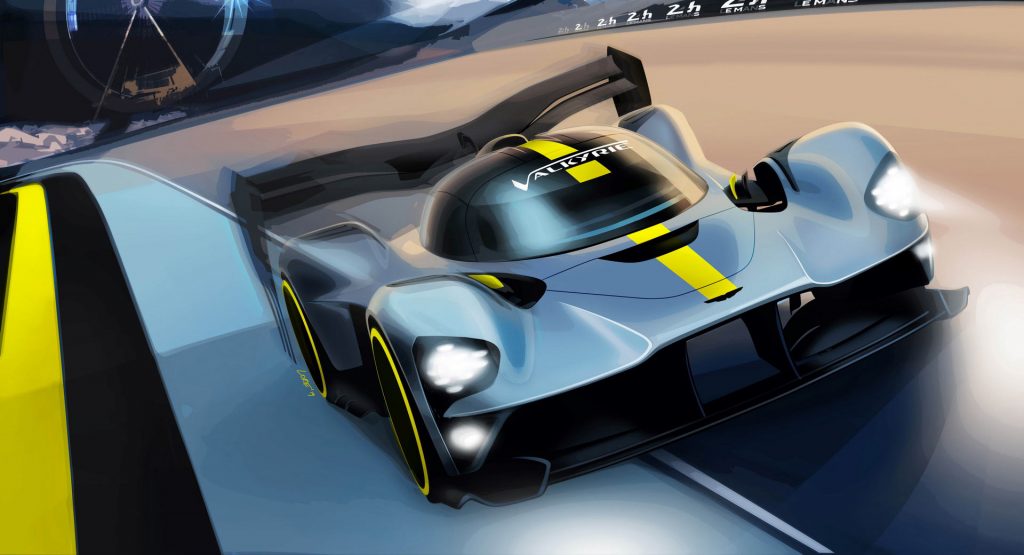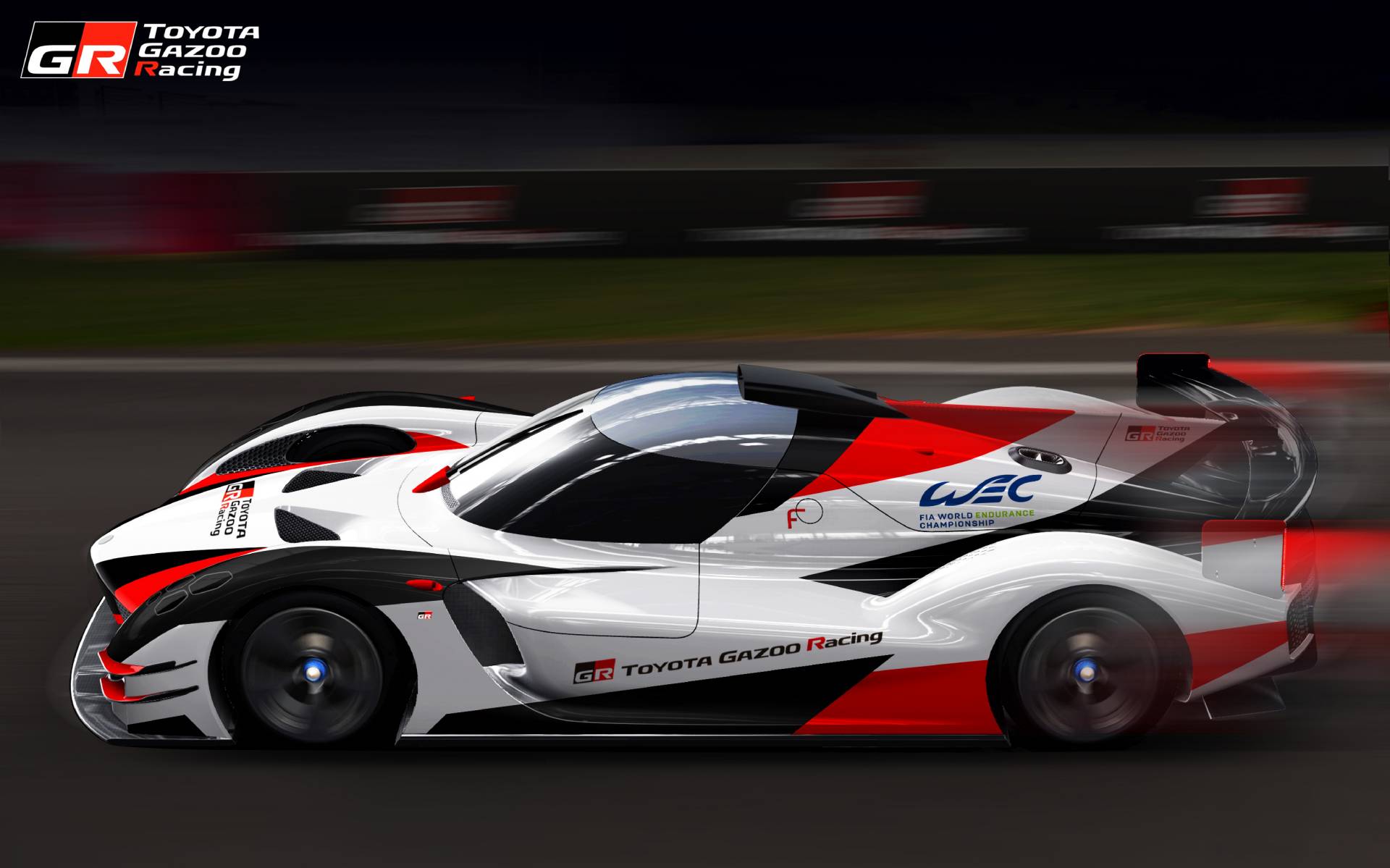The new top tier of endurance racing finally has a name: the ‘Le Mans Hypercar’ (LMH).
For roughly 18 months, the successor to the LMP1 class has been known as the ‘Hypercar’ class, although that name was tentative. Motorsport reports that a decision was made by the FIA World Motor Sport Council in Paris earlier this week to formally adopt the ‘Le Mans Hypercar’ name. A number of rules regarding the class have also been announced.
OEM Power: Peugeot Returns To Le Mans With A New Hybrid Hypercar
As we knew already, the class will see competitors racing hypercars that must also be produced in at least 20 street-legal units within two years of the car’s racing debut. It has now been announced that teams competing have been granted unrestricted testing mileage for the first year of homologation for each car. So, while the likes of Toyota, Aston Martin, Scuderia Cameron Glickenhaus, who will enter the series first will enjoy limitless testing for 2021, Peugeot, which will enter the series in its second year, will have the same privilege for 2022.
Another, and perhaps even more important announcement has been made. Privately-built hypercars not attached to an automotive brand will be unable to compete. According to the FIA, competitors “must enter a homologated car under the name of an automotive brand.” This means privateer entries may be unable to compete. One such privateer entry, ByKolles Racing, had already thrown its hat in the Le Mans Hypercar class, but with this rule clarification, may have to abandon its plans. The definition of a “manufacturer” still needs to be approved by the FIA Endurance Commission.




